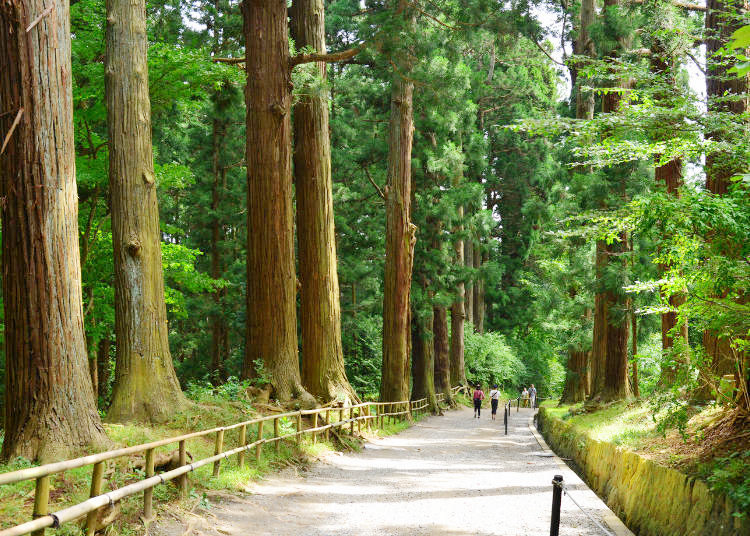
Nestled in Iwate Prefecture, Hiraizumi traces its roots back to the 11th century, an era that witnessed the emergence of Japan's legendary samurai society. Flourishing within this historical backdrop, Hiraizumi became a thriving hub for Pure Land Buddhism, resulting in the preservation of numerous temples and gardens that endure to this day.
Amongst the renowned landmarks, the Golden Hall of Chuson-ji Temple and the serene Jodo Garden of Motsu-ji Temple stand as shining examples. Recognizing the immense cultural significance of Hiraizumi's heritage, this captivating destination was granted the esteemed status of a World Heritage Site in 2011.
Prepare to embark on an enchanting journey as we delve into the captivating temples and storied historic sites that comprise the fabric of Hiraizumi's rich and captivating culture.
- Table of Contents
-
- 1. Chuson-ji: The gorgeous temple known throughout Japan
- 2. Sobadokoro Yoshiie: The Tsukimizaka’s popular soba shop
- 3. Motsu-ji: Stroll through the beautiful Jodo Garden
- 4. Kanjizaiō-in Temple Site: Founded by Motohiko's wife
- 5. Muryoko-in Ruins: Overlooking Mt. Kinkeizan
- 6. Takadachi Gikeido: A monument to commemorate Minamoto’s end
- 7. Roadside Station Hiraizumi: Take home a piece of the magic
1. Chuson-ji: The gorgeous temple known throughout Japan
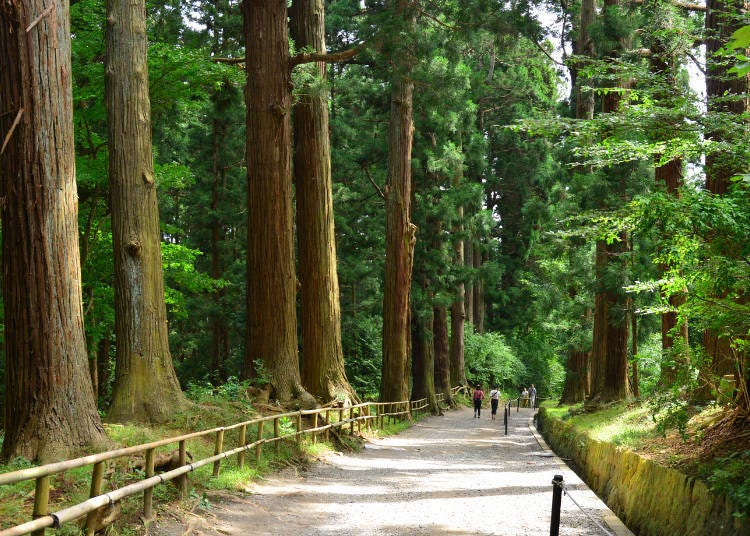
Established in the early 12th century by Fujiwara no Kiyohira, the esteemed founder of the Oshu Fujiwara Clan, Chuson-ji holds a significant place as a hub of Buddhist culture.
Within its sacred grounds, you will discover the renowned Konjikido, recognized as the very first structure to be designated as a Japanese national treasure, as well as the Sankozo Museum, which proudly exhibits an extensive collection of thousands of historical artifacts.
Nestled in a hilly terrain, approximately 130 meters above sea level, Chuson-ji boasts a remarkable location. The path leading to the main hall, known as "Tsukimizaka," has served as a revered route for devout worshippers over the ages.
Along this pathway, you will be greeted by majestic cedar trees, standing tall for over three centuries since their planting during the Edo period. Their towering presence creates an awe-inspiring ambiance, lending a sense of magnificence to the surroundings.
Keep going to find the fabled Benkeido
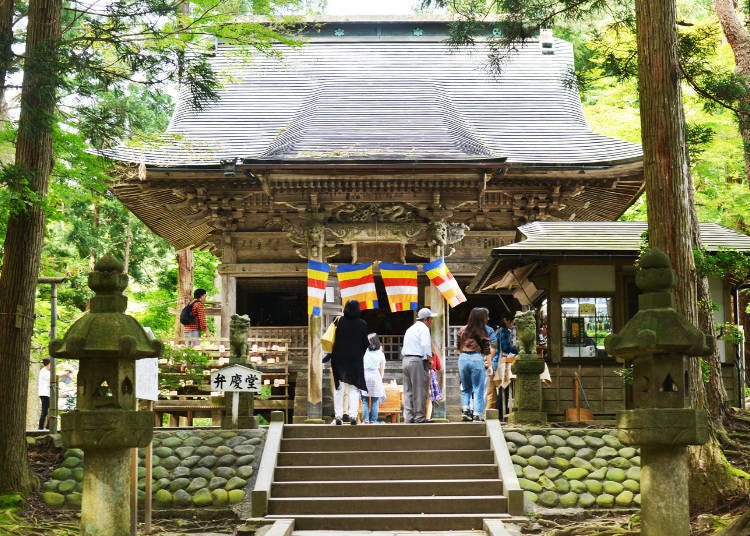
Continuing your ascent along Tsukimizaka, you will notice the road leveling out, and on the right-hand side, the "Eastern Observatory" comes into view, offering an expansive vista of the nearby Kitakami and Kinu rivers gracefully flowing. Directly opposite the observatory stands Benkeido, a cherished destination within Chuson-ji that draws a multitude of visitors.
Along the pathway, several halls are scattered, most of which were constructed during the mid-Edo period, between 1700 and 1750. Notably, Benkeido was erected in 1827, serving as a temple dedicated to the venerated deity, Shogun Jizo. Within the main hall, formerly referred to as "Atagodo," rest wooden statues of two illustrious figures: Yoshitsune and Benkei himself, symbolizing their revered presence in the annals of history.
Konjikido: The Golden Hall of dreams
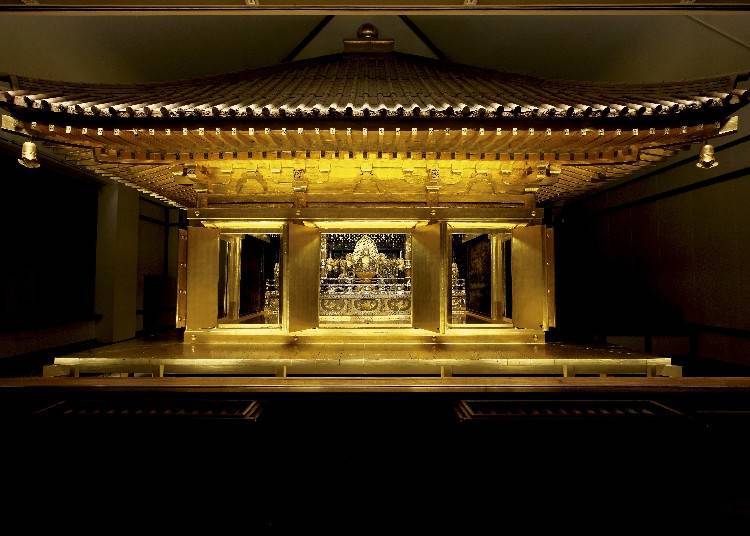
From Benkeido, make your way to Mineyakushido, a temple renowned for its reputed healing properties, particularly concerning eye ailments.
Chuson-ji houses a staggering collection of over 3,000 national treasures, many of which are prominently displayed in the Sankozo. Don't miss the awe-inspiring Golden Hall, known as the Konjikido.
Constructed in 1124 by masterful Buddhist craftsmen and painters from Kyoto, the Konjikido is a marvel to behold. Its interior and exterior are adorned with layers of resplendent gold leaf, meticulously encased within another structure to safeguard it from the elements. Witness the mesmerizing spectacle of the Golden Hall radiating with brilliance amidst the encompassing darkness.
Elaborate decorations grace the support beams and altar, featuring exquisite inlaid shells, intricate metalwork, and vibrant lacquer paintings, all contributing to the unparalleled opulence of the Konjikido.
As the sole surviving original structure from Chuson-ji's inception, it stands as a captivating centerpiece, underscoring Hiraizumi's esteemed status as a World Heritage site.
-
Chuson-ji中尊寺
- Address 202 Hiraizumi Kitome, Hiraizumi-cho, Nishiiwai-Gun, Iwate, 029-4102
- Phone Number 0191-46-2211
・Hours: 8:30 AM - 5:00 PM (4:30 PM November - February)
・Admission: Adults 1,000 yen, high school students 700 yen, junior high students 500 yen, elementary school students 300 yen
2. Sobadokoro Yoshiie: The Tsukimizaka’s popular soba shop
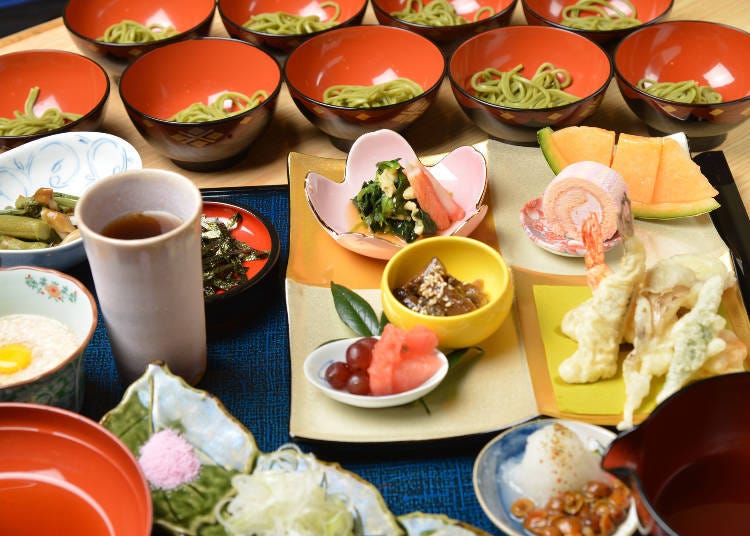
Indulge in a delightful culinary experience after a leisurely stroll through the picturesque Chuson-ji grounds. Enjoy lunch at Yoshiie, nestled halfway along the scenic Tsukimizaka, and treat yourself to a scrumptious serving of soba noodles. Nestled within the serene cedar forest, this eatery specializes in serving the renowned local delicacy known as "wanko soba."
Wanko soba is savored by relishing multiple small portions of fresh soba noodles, accompanied by an array of delectable condiments. This unique dining experience is enhanced by the inclusion of appetizing side dishes such as tempura, pickles, seasonal delicacies, and fresh fruit, creating a truly impressive and satisfying meal. For those seeking a more traditional soba experience, standard soba and tea soba options are also available to cater to diverse preferences.
-
Sobadokoro Yoshiieそば処義家
- Address 43 Hiraizumi Kitome, Hiraizumi-cho, Nishiiwai-Gun, Iwate, 029-4102
- Phone Number 0191-46-4369
・Hours: 10:30 AM - 3:30 PM (or as soon as noodles sell out)
3. Motsu-ji: Stroll through the beautiful Jodo Garden
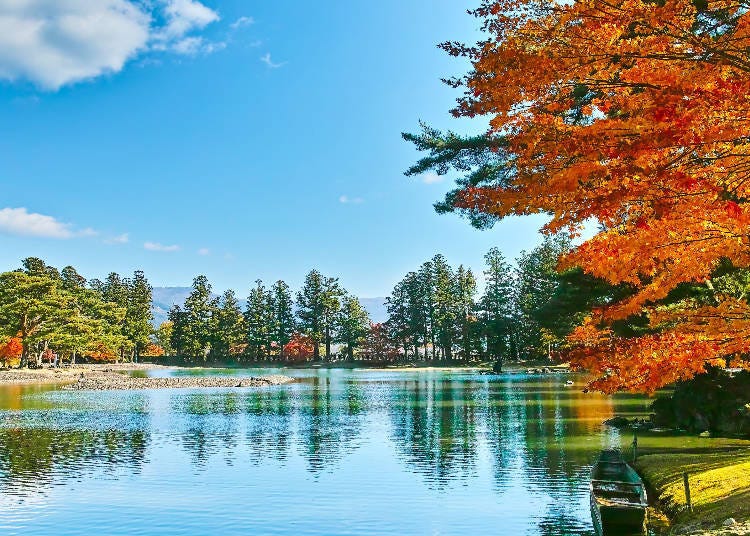
According to historical accounts, Motsu-ji was established in 850 by the revered Buddhist priest Jikaku Daishi. The construction of numerous temples within the Motsu-ji grounds commenced during the reign of the second generation of the Oshu Fujiwara Clan and was later completed under the rule of Fujiwara no Hidehira, the third generation. At its zenith, the complex boasted an impressive scale, surpassing even that of Chuson-ji, with 40 buildings and a monastic community comprising 500 monks. Tragically, a series of calamities resulted in the destruction of most of the structures, leaving only the Jodo Garden and the serene Oizumi ga Ike Pond as remnants of Motsu-ji's former magnificence.
Set against the picturesque backdrop of a modest peak known as Doyama, the garden presents a spacious landscape adorned with a pebbly shore, stone formations emerging from the pond's surface, meticulously crafted rock arrangements, and a gently meandering stream. Together, these elements embody a serene and undisturbed natural tranquility. Visitors are invited to immerse themselves in a sense of inner peace while strolling along the banks of Oizumi ga Ike, indulging in the graceful scenery that evokes the elegance of the Heian period.
Tour the remaining buildings and cornerstones
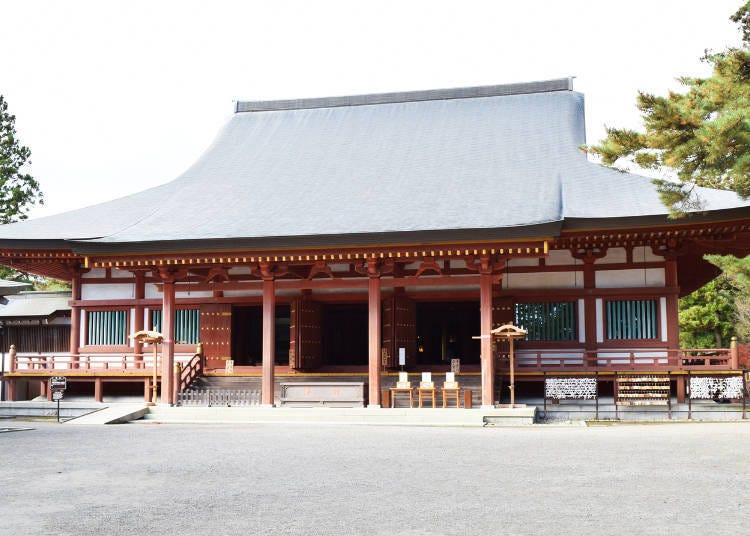
Located prominently near the forefront of the Motsu-ji grounds, stands the grand main hall, an expansive structure adorned in the Heian architectural style, constructed as a tribute to Yakushi Nyorai. Adjacent to the main hall, to the right, lies the tranquil Oizumi ga Ike pond.
On the northern side of the pond, you will encounter the Kaisando, a sacred hall enshrining Jikaku Daishi, accompanied by depictions of the esteemed early rulers of the Fujiwara clan. Embarking upon the scenic garden pathway, you will soon encounter the remnants of Kasho-ji, and the auditorium, where only colossal foundation stones remain as a testament to its former glory.
Venturing further south, you will be greeted by the sight of a gentle stream gracefully merging into the tranquil pond. Streams from the Heian Period, such as the one at Motsu-ji, are said to be exceedingly rare. The enchanting "Gokusui no En" (Winding Stream Party) takes place along the banks of this stream during the early summer, recreating elegant scenes reminiscent of the Heian era.
-
Motsu-ji毛越寺
- Address 58 Aza Osawa, Hiraizumi, Hiraizumi-cho, Nishiiwai-gun, Iwate 029-4102
- Phone Number 0191-46-2331
・Hours: 8:30 AM - 5:00 PM (4:30 PM November - March)
・Admission: Adults 700 yen, highschool students 400 yen, junior high & elementary school students 200 yen
4. Kanjizaiō-in Temple Site: Founded by Motohiko's wife
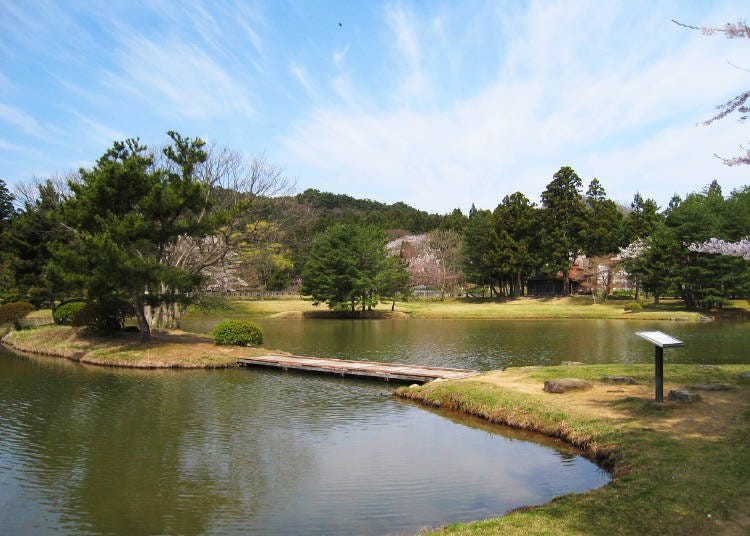
Kanjizaiō-in Temple, once a thriving establishment but now reduced to ruins, stands adjacent to Motsu-ji. It was originally established by the wife of Fujiwara no Motohiko and showcases a picturesque Jodo Garden and the serene Maizuru ga Ike Pond. While the pond at Motsu-ji exudes a vast and open ambiance, the pond at Kanjizaio-in is enveloped by lush trees, offering visitors a distinct impression of this remarkable national historic site.
To truly appreciate the contrasting experiences, it is highly recommended to explore both locations. Serving as a historic park, the temple ruins of Kanjizaiō-in are open to the public without any admission fees, providing an opportunity for everyone to delve into its rich past and immerse themselves in its unique charm.
-

-
Address
Shirayama, Hiraizumi, Hiraizumi-cho, Nishiiwai-gun, Iwate, 029-4102
View Map -
Nearest Station
Hiraizumi Station (Tohoku Main Line)
8 minutes on foot
- Phone Number 0191-46-4012
-
Address
Shirayama, Hiraizumi, Hiraizumi-cho, Nishiiwai-gun, Iwate, 029-4102
5. Muryoko-in Ruins: Overlooking Mt. Kinkeizan
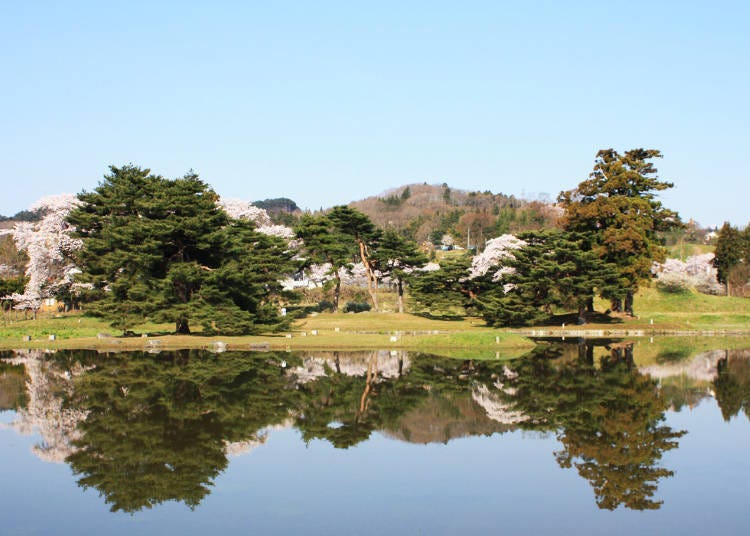
Muryoko-in, constructed by Fujiwara no Hidehira, was designed as a replica of the renowned Byodo-in Temple in Kyoto. Regrettably, the passage of time has witnessed its destruction, leaving behind only the remnants of its foundation. Nevertheless, the location retains a nostalgic ambiance, evoking the essence of days gone by. When observed from the front, the former position of the main hall aligns perfectly with the majestic presence of Mt. Kinkeizan.
Legend has it that Hidehira accomplished the creation of the mountain overnight, adding to the mystique surrounding the site. Furthermore, it is believed that a pair of golden roosters is interred within its depths. Both the ruins of Muryoko-in and the imposing Kinkeizan hold significant historical value, serving as important landmarks in their own right.
-
Muryokoinato無量光院跡
- Address Hanatachi, Hiraizumi, Hiraizumi-cho Nishiiwai-gun, Iwate 029-4102
・Phone: 0191-46-4012 (Hiraizumi Cultural Heritage Center)
・Admission: Free entry
6. Takadachi Gikeido: A monument to commemorate Minamoto’s end
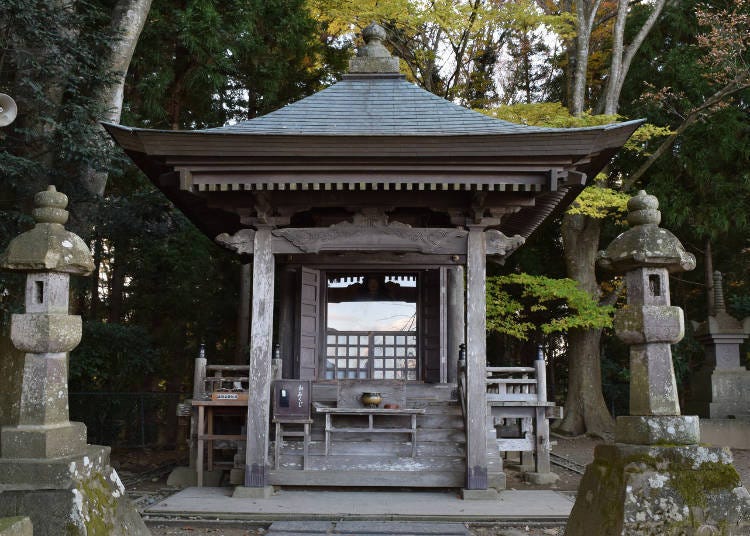
Takadachi Gikeido is situated atop a gentle slope, a short distance away from the heart of Hiraizumi. This sacred place holds historical significance, as it marks the pursuit and tragic fate of Minamoto no Yoshitsune, who sought refuge under the protection of Hidehira while being pursued by his brother Yoritomo. However, Hidehira's son, Yasuhira, succumbed to the relentless pressure from Yoritomo and ultimately betrayed Yoshitsune. The solemn grounds of Takadachi Gikeido serve as a commemoration of Yoshitsune's pursuit and his eventual forced ritual suicide.
In 1683, the ruler of Sendai commissioned the construction of this modest temple, strategically positioned on a hill that offers a picturesque vista. Within the temple, visitors will find an enshrined wooden statue of Yoshitsune, serving as a poignant tribute to his memory.
Upon visiting, famed poet Matsuo Basho was inspired to write:
Summer grasses,
All that remains
Of soldiers' dreams
-
Takadachi Gikeido高館・義経堂
- Address 14 Yanagigosho, Hiraizumi-cho, Nishiiwai-gun, Iwate 029-4102
- Phone Number 0191-46-3300
・Hours: 8:30 AM - 4:30 PM (4:00 PM from early November to early March)
・Admission: 300 yen
7. Roadside Station Hiraizumi: Take home a piece of the magic
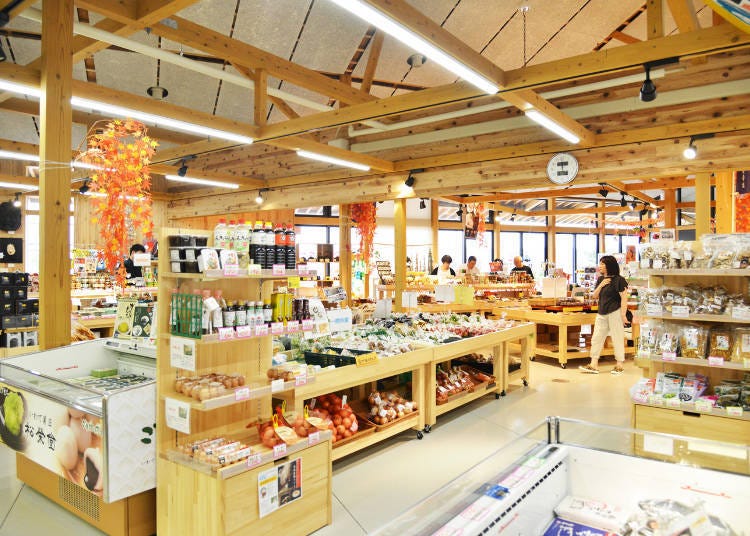
Roadside Station Hiraizumi is a renowned destination that attracts visitors with its diverse offerings of delectable cuisine and delightful souvenirs. Within the restaurant premises, patrons can relish in the culinary delights of fresh vegetables and delectable dishes prepared using locally sourced Iwate Minami Beef. Furthermore, on weekends and holidays, an expansive buffet spread awaits guests, ensuring a satisfying dining experience.
The abundance of souvenirs from Iwate Prefecture provides ample choices for visitors, ranging from locally harvested fruits and vegetables to doburoku sake and wine. Additionally, the restaurant offers a range of fast food options for both dine-in and takeout, featuring unique creations such as mustard flavored soft-serve ice cream and steamed buns filled with savory meat and mustard.
-
Michinoeki Hiraizumi道の駅平泉
- Address 112-2 Kararaku, Hiraizumi-cho, Nishisugai-gun, Iwate 029-4102
- Phone Number 0191-48-4795
・Hours: 9:00 AM - 6:00 PM
World heritage sites such as Chuson-ji and Motsu-ji make a Hiraizumi a place worthy of thorough exploration. Come visit this charming Iwate town and take a step back into the peaceful culture of the Heian period!
Text by: SHOE PRESs
*Prices and options mentioned are subject to change.
*Unless stated otherwise, all prices include tax.
Popular Tours & Activitiess
Recommended places for you
-
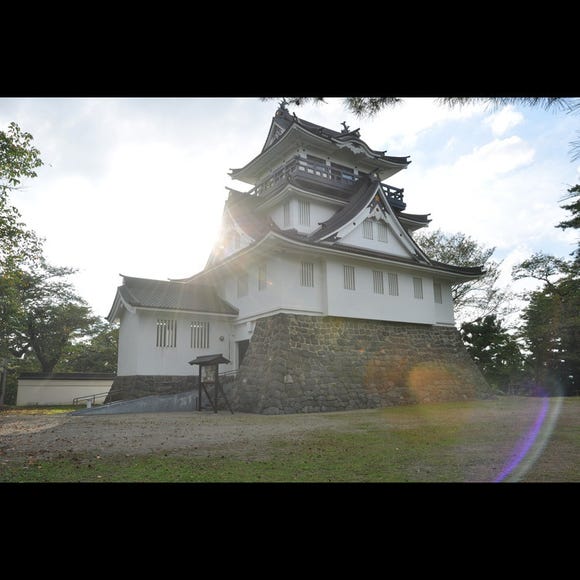
Yokote Park
Parks
Surrounding Areas Of Akita
-
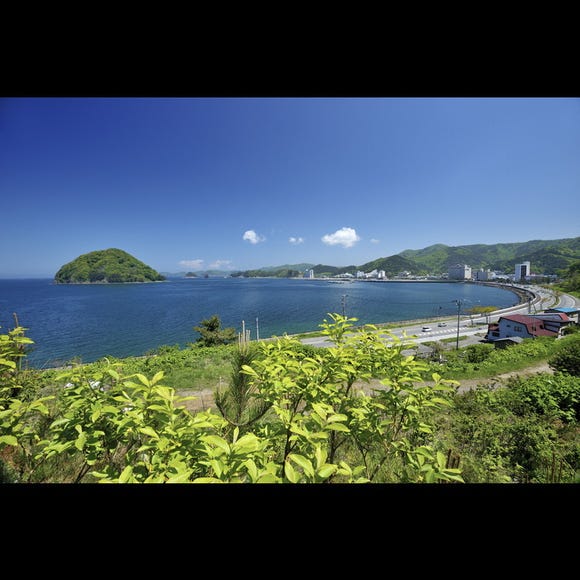
Asamushi Onsen
Hot Springs (Onsen) & Bath Houses (Sento)
Aomori, Hirosaki And Hachinohe
-

Aomori Nebuta Festival
Japanese Festivals (Matsuri)
Aomori, Hirosaki And Hachinohe
-

Koiwai Farm
Other Nature
Morioka, Hiraizumi And Hachimantai
-
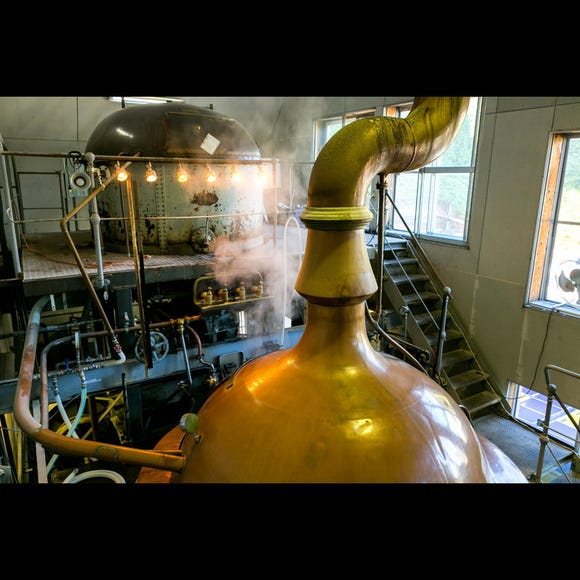
Baeren Brewery Co., Ltd.
Other Sightseeing
Morioka, Hiraizumi And Hachimantai
-

Nikka Whisky Sendai Distillery
Culture Experience
Sendai And Matsushima
-

Aomori's Quiet Side in Autumn: 5 Scenic Spots in Hachinohe According to a Local
by: Marco Blasco
-

Shopping in Niigata: 9 Must-Buy Souvenirs & Local Sake to Take Home
by: ShiroKu inc.
-

Niigata Sake no Jin 2026: Guide to Japan's Most Legendary Sake Weekend
-
Ad

Explore Snow Country from Echigo-Yuzawa Station: A Year-Round Guide to Ski Resorts, Art, and Regional Travel
-

8 Luxury Tohoku Ryokans: Private Onsen, Gourmet Wagyu, and Winter Views
by: Sae Haneda
-
Ad

Discover Kanazawa: History, Culture, and How to Get Around with Ease
-

Complete Guide to Buying Japanese Medicine in Japan: Phrases and Vocabulary You Need to Know
-

Best Outlet Malls Near Sendai: Shopping, Souvenirs, and Discounts
-

Kamaishi Japan: Kamaishi Unosumai Recovery Stadium and Sightseeing Spots in Japan’s Rugby Town
-

Kaminoyama Onsen Guide: Best Things to Do in Japan's Samurai Town!
-

Japanese Foods List: 16 Crazy Tasty Japanese Tohoku Region Dishes You've Never Heard of
by: Guest Contributor
-

Kichijoji – Explore Tokyo’s Top-Rated Stylish Suburb in Half a Day!













